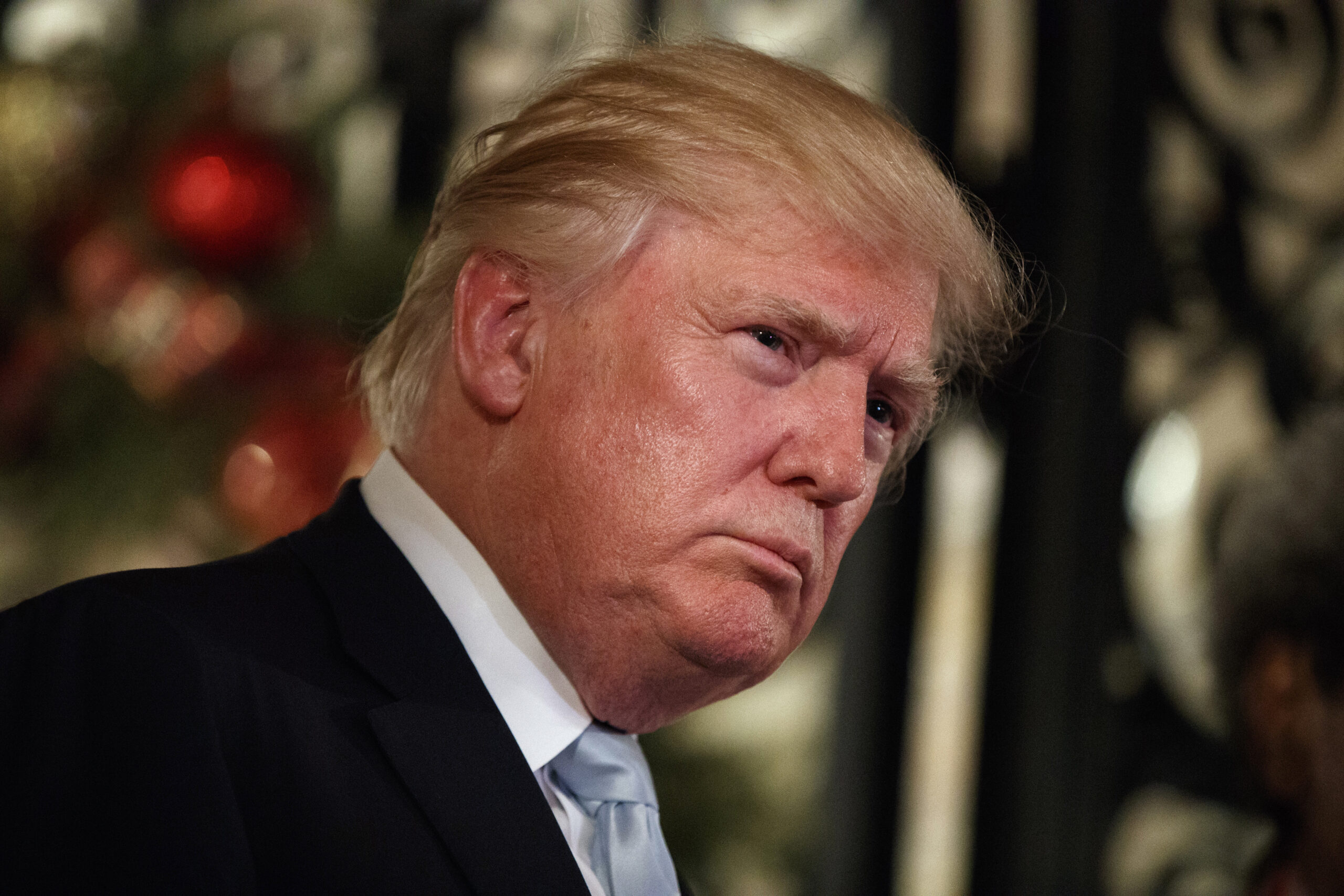But lest anyone think there’s ideological rhyme or reason for his choices, The Washington Post reported that his main concern is simply that they look the part. He admitted that he chose retired Marine Gen. James Mattis because he’s “the closest thing to General George Patton that we have,” but that is assumed to be mainly because he looks a little bit like George C. Scott, who played Patton in the movie. Transition officials said that Trump passed over Senator Bob Corker for Secretary of State because he is too short and he never seriously considered John Bolton for the leading role because of his mustache, which Trump apparently hates. Mitt Romney and ExxonMobil CEO Rex Tillerson were apparently the top choices because of their silver hair and broad shoulders, which fit the image Trump has for a secretary of state.
- Did Trump receive a mandate from the people?
- Do Americans support the general direction of Trump’s policies?
- How polarized is public opinion?
- How malleable is public opinion?
Although Trump seems to enjoy an extraordinary rapport with his most enthusiastic supporters, the question is whether he can change the views of those who do not support him. The evidence is clear that his efforts are unlikely to succeed. Indeed, presidents find it difficult even to change the views of their fellow partisans who happen to disagree with them on an issue.
He says if presidents fail to accurately assess their level of support and work within that they are prone to overreach and political disaster.
This analysis is comforting, if only because it makes one think we will come back to some sort of equilibrium once Trump fails. But there’s a feeling of whistling past the graveyard about it. Haven’t we been assured over and over again for the past 18 months that Trump was going to “overreach” and suffer “political disaster?” And doesn’t he just keep coming like The Terminator, impervious to all the normal political pitfalls?
The problem we face is that Trump is sui generis and he is operating within a unique circumstance. The party he now leads was already at a peak moment of extremism and are unable and unwilling to act as a moderating force. And the modern media environment has made it possible for a fabulist like Trump to create an alternate narrative that is likely to be believed by millions of his followers, who are already far more gullible than most people.
Politico reported that Republican officials who show any independence are already feeling the heat from Trump’s enforcers. When Representative Bill Flores of Texas rather mildly declared that some of Trump’s policies might not be in keeping with conservative principles he was attacked by Breitbart and Sean Hannity, which sent a horde of Trump supporters calling for his head. And he’s not alone:
“Nobody wants to go first,” said Rep. Mark Sanford (R-S.C.), who received nasty phone calls, letters and tweets after he penned an August op-ed in The New York Times, calling on Trump to release his tax returns. “People are naturally reticent to be the first out of the block for fear of Sean Hannity, for fear of Breitbart, for fear of local folks.”
And that’s nothing compared to what they are facing if the president himself tweets a call to arms to his millions of supporters.
This is not business as usual. And attempting to deal with this phenomenon as if it is has not worked up until now and is unlikely to work in the future. No typical politician can do what Trump is doing. His followers see him as the ultimate Green Lantern president, a super-hero who doesn’t have to follow the rules. It’s not about reform for them, it’s about magic. Looking back at previous presidencies, or trying to create a “better message” is inadequate when Trump can lie with impunity and offer up a stirring story of success and victory in an alternate media universe. The question is what will work and I don’t think anyone knows the answer.


